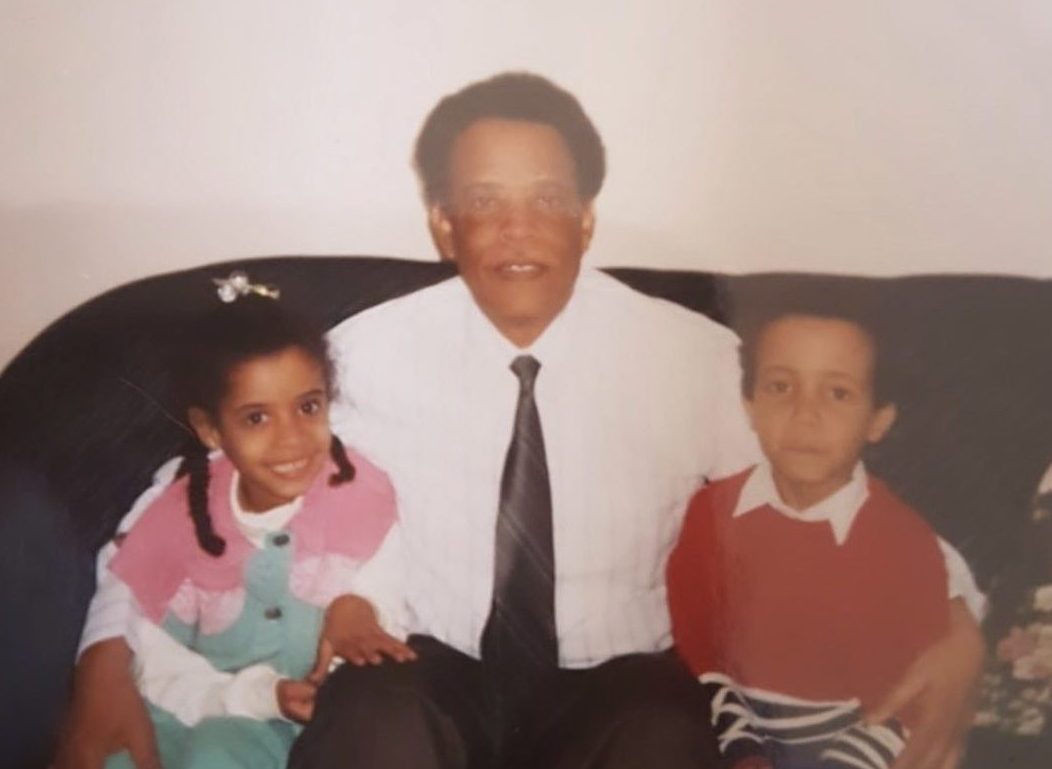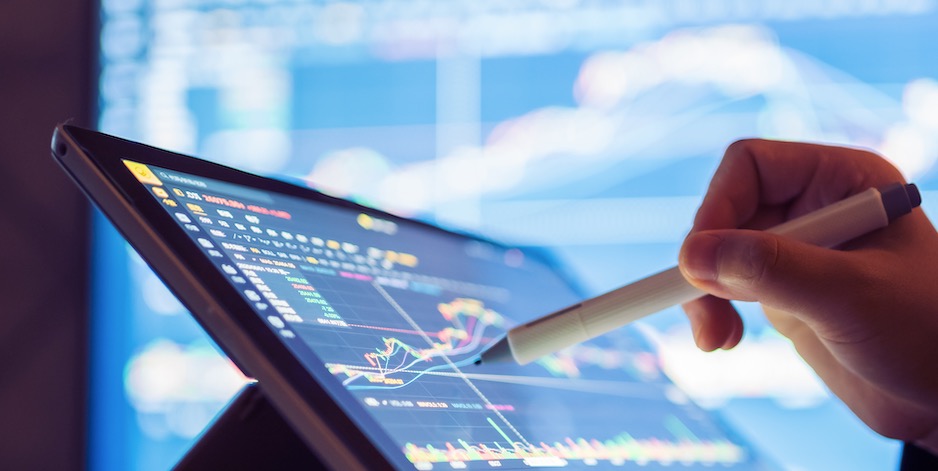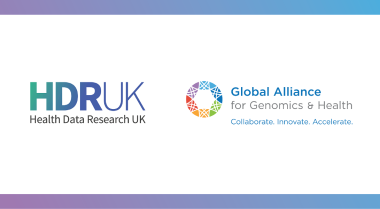Why health data access matters to me: My Dad’s battle with COVID
17 February 2022 | Author: Nada Karrar, Delivery Manager
“Whilst it saddens me that my dad didn’t get the opportunity to benefit from the amazing scientific endeavours of the last two years, it’s reassuring that many others have had the chance to survive."

Why is access to health data important?
Perhaps for many people this is not a question that requires much thought. In truth, it’s not a question that I would have thought too deeply about either a few years ago.
That’s not to say I’ve never appreciated the role data plays in generating new insights.
Having worked as a Business Intelligence Analyst in the NHS, you could say I have a ‘practical’ understanding of how healthcare providers use patient data to identify inefficiencies and improve pathways of care. And I don’t think I’d be exaggerating if I told you that ‘What does the data tell us?’ is a question that was asked in almost every management meeting.
Most of the time, there was always enough data to fully understand the issue and to inform a plan for improvement. Every problem always had a solution (or at least a consultant who felt like they had the answer). I never imagined a scenario where there wouldn’t be an answer.
But on the 20th of April 2020, my dear father Abdalla Karrar sadly passed away due to complications from COVID-19.
As a beloved husband, father, grandad, brother, friend and teacher, his life and legacy are so much greater than his battle with COVID.
My dad was the most hardworking, selfless and pragmatic man I’ve ever known. From being a Director of Secondary Education in Asmara, to a Hospital Administrator in Riyadh, a shopkeeper in London and finally an Interpreter for the Home Office. He had the strength of character and resilience to rebuild a life for himself and his family across several continents.
 He was my best friend, motivator and number one fan, always ready to celebrate my achievements no matter how small. And not a day goes by where I don’t miss him.
He was my best friend, motivator and number one fan, always ready to celebrate my achievements no matter how small. And not a day goes by where I don’t miss him.
So, whilst I try not to think about the period he was unwell, something that I often recall is the conversations I had with the clinicians that were caring for him during his stay in hospital.
As my dad’s condition worsened, so did his ability to sustain a prolonged telephone conversation, which made the updates we received from the doctors and nurses caring for him all the more important.
I will never forget the awful feeling of dread and anxiety that preceded making those calls and just wishing and praying for any bit of hope. But hopelessness is the feeling that sticks in my mind the most.
“We are trying our best to help your dad but we just don’t know how to fight this virus”. For once a doctor didn’t have the answer, or at least the answer I wanted to hear.
If at that point someone would have said, a vaccine will be developed and available within 7 months, it would have seemed unimaginable and quite frankly impossible. But that has been the reality.
By working for Health Data Research UK, I have joined an organisation on a mission to unite the nation’s health data to enable discoveries that improve people’s lives. My dad’s story has made me realise that for many people, this mission is the difference between life and death.
But organisations like Health Data Research UK can’t do the work we do without taking the public along with us. The data we use, while lifesaving, is sensitive. And we need to make sure we provide the transparency needed for the public to feel confident that the correct safeguards are in place to protect their privacy.
My work focuses on creating a data use register to provide the public with a clear record of how data is being used, by whom and most importantly, for what purpose.
By developing a standard, Health Data Research UK is providing data custodians with a framework to publish this information in a clear and consistent manner, which I hope will build the public’s confidence and advocacy for the use of health data for research and innovation.
Whilst it saddens me that my dad did not get the opportunity to benefit from the amazing scientific endeavours that large-scale data access has made possible throughout the pandemic, it is reassuring that at least many others have had the chance to survive. And that I’m playing my part in this mission by helping to maintain the public’s trust in how their data is used.
Countless lives have and continue to be saved by research. Would this have been possible without access to health data? I think it’s safe to say that it would certainly not have happened as quickly.
Read our recommendations for a data use register health standard



